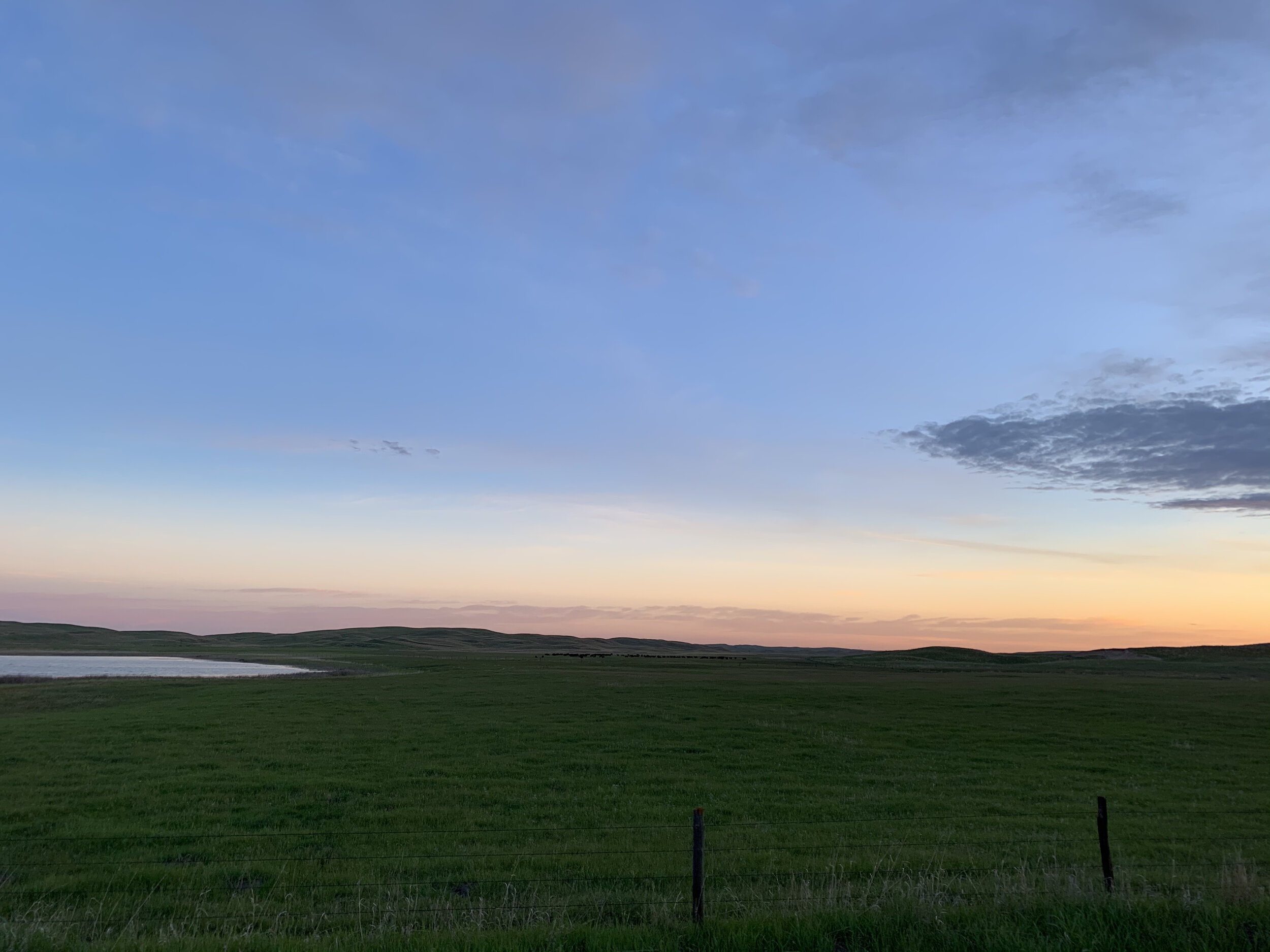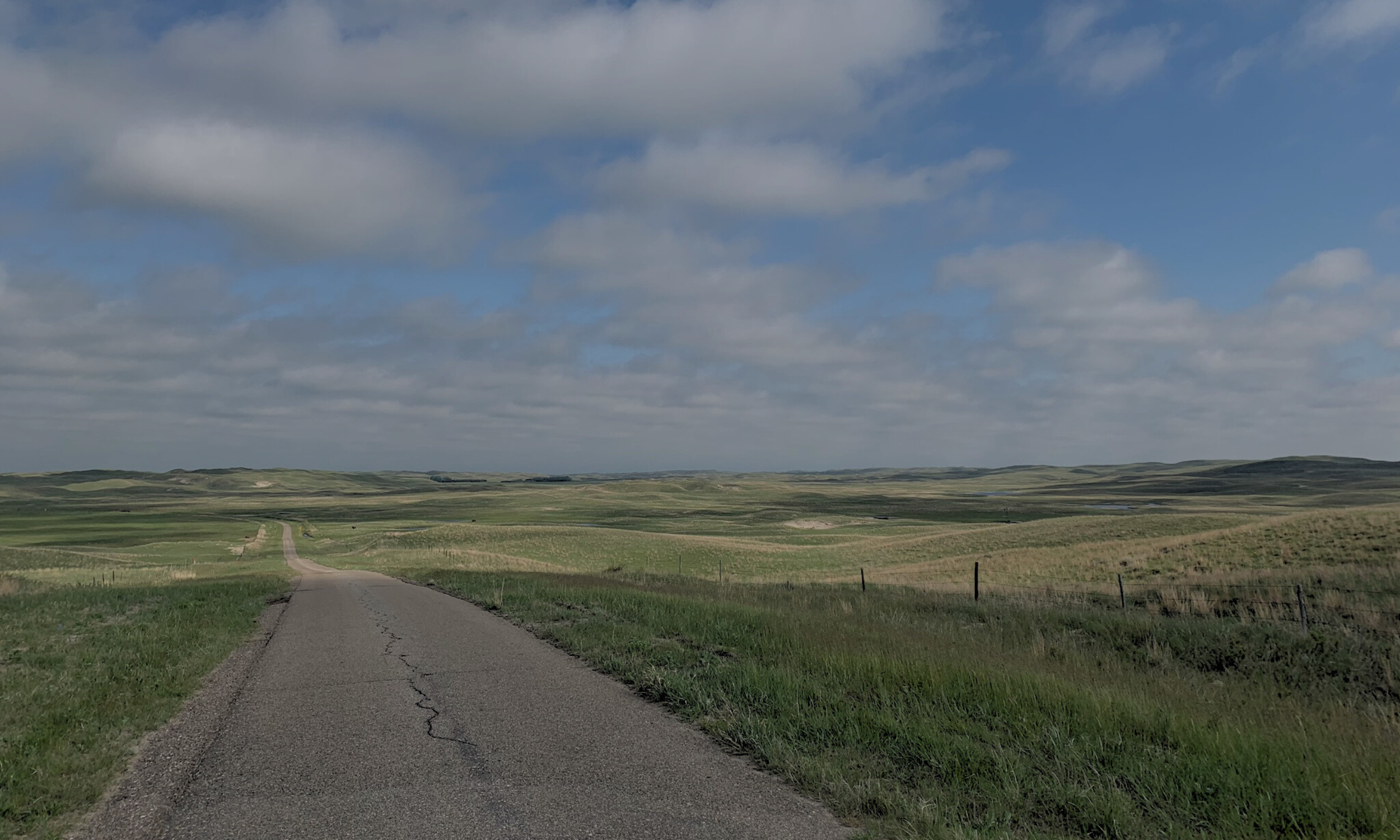The Rural Review
An online journal produced in conjunction with the Rural Reconciliation Project.
Book Review: Debunking the Inevitability of Rural Decline
For too long, the story of rural America has seemed inevitable: mines closed; farming became unprofitable; rural post offices and train stations shuttered. When read in the passive voice, the declines of rural places and their people just…happened. But considering that the overwhelming majority of the American landscape is rural, how has so much of the country come to be thus marginalized? And if we care about rural communities—and about the cities and suburbs that ostensibly rely on their resources, no matter how invisible that relationship may be today—how can we work towards revitalization?
Over eight chapters, legal scholar and practitioner Ann M. Eisenberg summarizes and systematically dismantles the passive voice at the core of myths about rural decline, dependency, and potential renewal.
Book Review: The Value and Endurance of Home Places
Macro-level structural forces, local institutions, race, class, livelihoods, culture, landscapes, and neighborhood dynamics all come together to create something greater than the sum of their parts. It is at this essential intersectional nexus that Amanda McMillan Lequieu’s 2024 book, Who We Are is Where We Are: Making Home in the American Rust Belt, so adeptly advances the conversation on place-based marginalization and struggle. Who We Are identifies this holistic, multi-factor intersection of place, culture, and economic survival as something we all instinctively know, but may still struggle to define: “home.”
Bryant & Farrell: Conservatism, the Far Right, and the Environment
In Conservatism, the Far Right, and the Environment, Jesse Callahan Bryant and Justin Farrel (both Environment, Yale) review and integrate sociological research with multidisciplinary literature on conservative and far-right environmental thought.
Zhang: Learning By Doing at Hungerford School
In Learning by Doing in the Segregated South: The Robert Hungerford Normal and Industrial School for African Americans in Central Florida, author Wenxian Zhang (Rollins College) provides a detailed look at the history and impact of the Robert Hungerford Normal and Industrial School in rural Florida. Although this article is a case study on one school, the knowledge and experience learned from the Hungerford School applies to various rural vocational schools.
Explore the Rural Review
Brief, objective summaries of new rural research across academic disciplines.
Collections of recent rural scholarship, news, and events.
Guest opinions, essays, research summaries, and other original content.
Original book reviews, creative reading lists, and further resources.
Summaries and announcements from recent programs and workshops.


















